Morning Star (Sins of the Father 3) by Nazri Noor is a captivating continuation of a series that deftly intertwines elements of fantasy, mythology, and personal growth. The narrative picks up with Mason Albrecht, a character who has already undergone significant development in the previous installments, now tasked with an unusual mission: to assist Belphegor, the Prince of Sloth, in his gardening endeavors. This premise alone sets the stage for a unique blend of humor, adventure, and introspection that permeates the novel.
From the outset, Noor's writing shines with its vivid descriptions and imaginative world-building. The concept of Sloth’s prime hell, with its carnivorous Crimson Gardens and bizarre advancements in “hagriculture,” is both intriguing and unsettling. Noor’s ability to create a setting that is both fantastical and grotesque invites readers to explore the depths of his imagination. The juxtaposition of a comfortable California king-size bed in the universe against the backdrop of a hellish garden serves as a metaphor for the duality of existence—comfort can exist alongside chaos, a theme that resonates throughout the book.
The character of Mason Albrecht is particularly well-developed. His journey reflects a struggle between duty and desire, a common theme in fantasy literature, yet Noor manages to present it with a fresh perspective. Mason’s relationship with Florian, the alraune, evolves beautifully as they navigate the complexities of their newfound powers and responsibilities. Their camaraderie is a highlight of the narrative, showcasing themes of friendship and loyalty amidst the chaos of their surroundings. The author skillfully balances the light-hearted moments with deeper emotional beats, allowing readers to connect with Mason on a personal level.
As the plot unfolds, the introduction of an archangel with a missing sword adds an intriguing layer of conflict. This character serves as a catalyst for Mason’s internal struggles, forcing him to confront not only the external threats posed by celestial and infernal forces but also his own motivations and desires. The tension between Mason and this archangel is palpable, creating a dynamic that keeps readers on the edge of their seats. Noor’s exploration of the complexities of good and evil is nuanced, avoiding the typical black-and-white dichotomy often found in fantasy narratives. Instead, he presents a world where characters are multifaceted, driven by their own desires and fears.
One of the standout themes in Morning Star is the idea of redemption. Mason’s journey is not just about fulfilling a task for Belphegor; it is also about seeking forgiveness and understanding his place in a world that often feels chaotic and unforgiving. This theme resonates deeply, especially in a time when many readers are grappling with their own struggles for meaning and purpose. Noor’s ability to weave this theme into the fabric of the story elevates the narrative beyond mere entertainment, prompting readers to reflect on their own lives.
The pacing of the novel is well-executed, with a balance of action, dialogue, and introspection that keeps the reader engaged. Noor’s knack for humor shines through in various moments, providing levity amidst the darker themes. This balance is reminiscent of authors like Neil Gaiman and Terry Pratchett, who also masterfully blend humor with profound themes. However, Noor’s voice is distinct, offering a fresh take on the genre that sets him apart from his contemporaries.
Another noteworthy aspect of the book is its exploration of identity. Mason’s journey is not just about external conflicts; it is also a quest for self-discovery. As he grapples with his role in the grand scheme of things, readers are invited to consider their own identities and the roles they play in their lives. This introspective quality adds depth to the narrative, making it not just a story about fantastical beings but also a reflection on the human experience.
In comparison to other works in the fantasy genre, Morning Star stands out for its unique blend of humor, introspection, and imaginative world-building. While many fantasy novels focus heavily on epic battles and grand quests, Noor’s approach is refreshingly different. He emphasizes the importance of personal relationships and the internal struggles that accompany them, making the story relatable on a human level.
Overall, Morning Star (Sins of the Father 3) is a compelling addition to Nazri Noor’s series, offering readers a rich tapestry of characters, themes, and imaginative settings. The novel’s exploration of friendship, redemption, and identity resonates deeply, making it a thought-provoking read that lingers long after the final page is turned. For those who appreciate a blend of humor and depth in their fantasy literature, this book is a must-read.
In conclusion, if you are looking for a story that combines the fantastical with the deeply personal, Morning Star is an excellent choice. Nazri Noor has crafted a narrative that not only entertains but also invites reflection, making it a standout in contemporary fantasy literature.
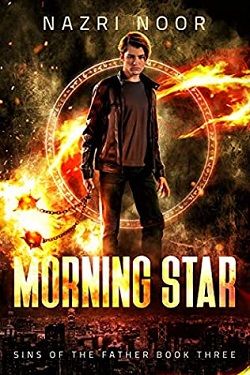



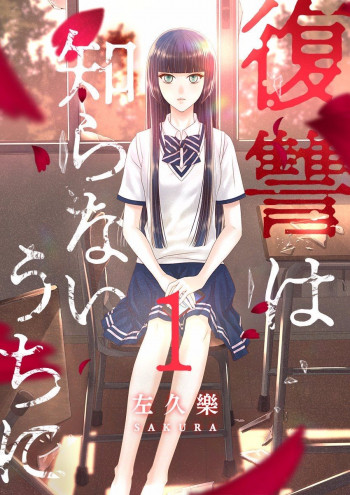
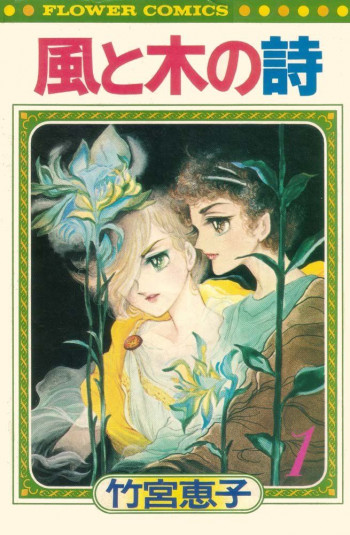
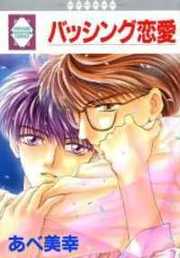
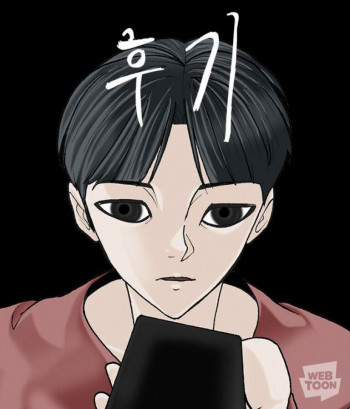
![Subscribed to GodTube [Official]](/upload/pic/manga/subscribed-to-godtube--official-.jpg)
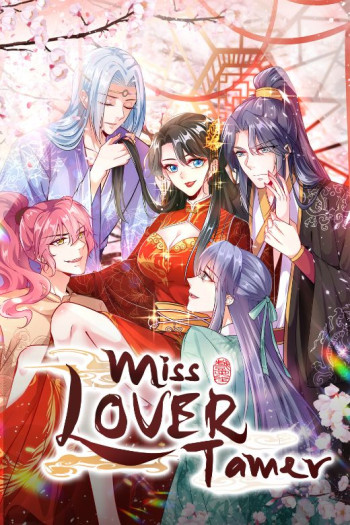
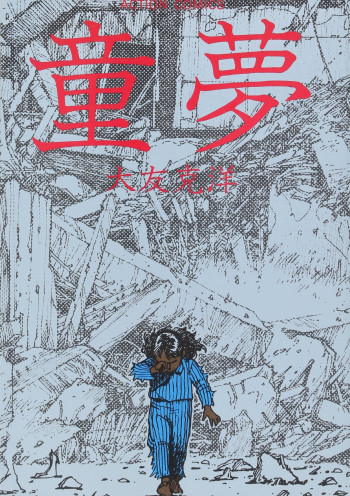

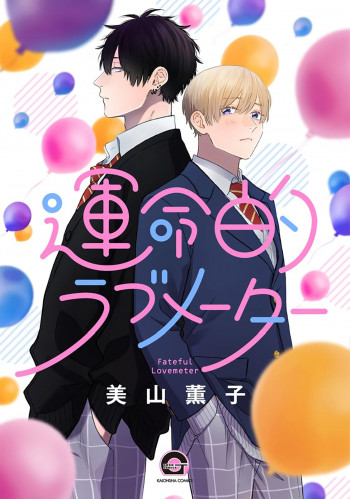











Reviews 0
Post a Reviews: